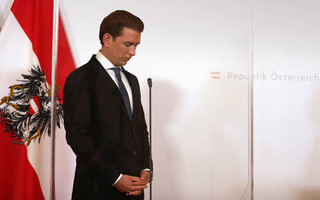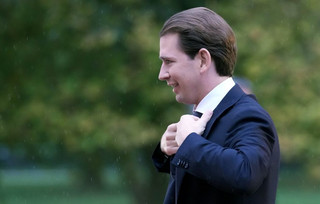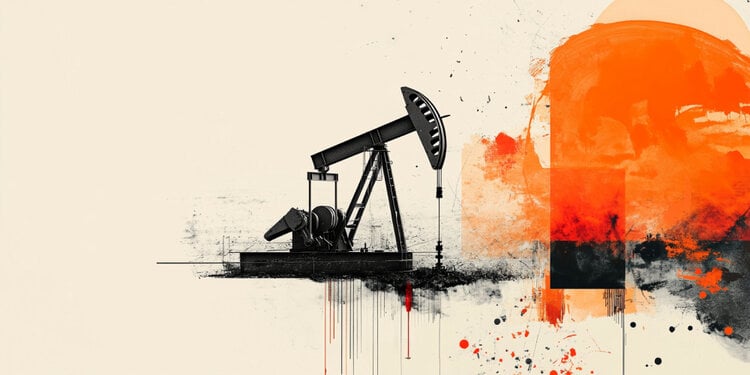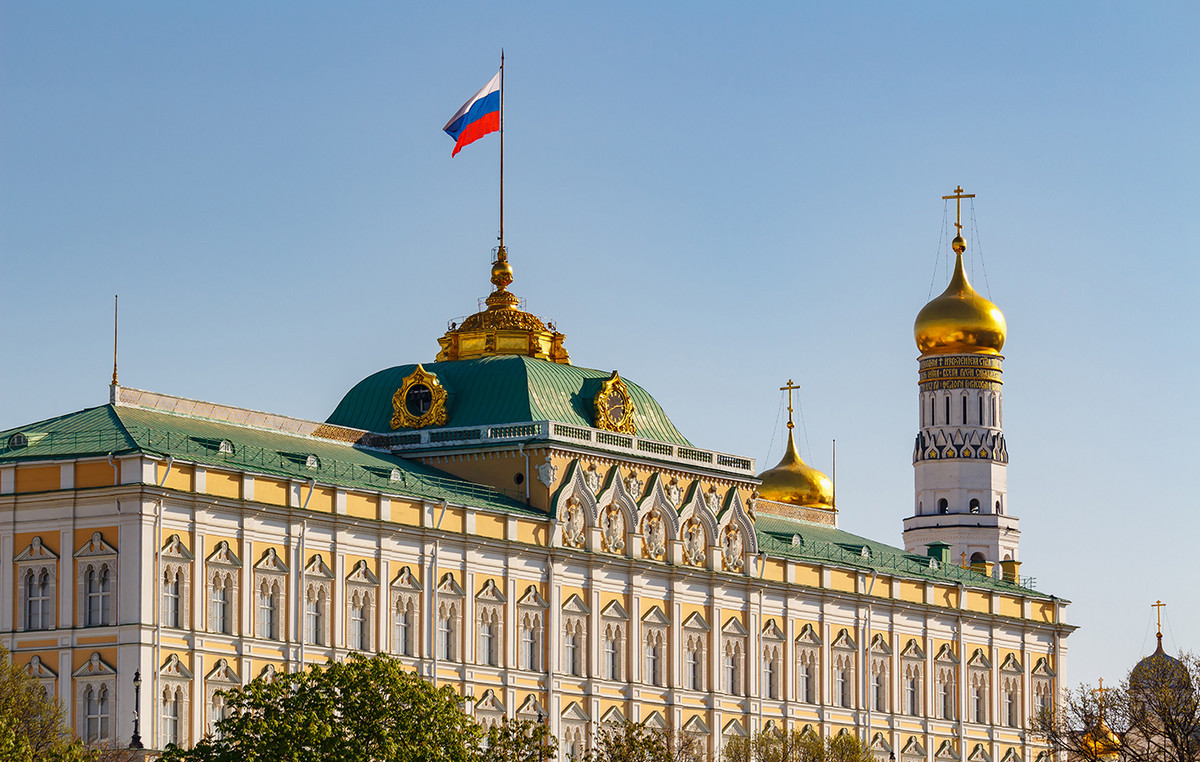He may be 35 years old, but Sebastian Kurtz experiences for the second time in his political career his fall from the chancellery of Austria.
After the abrupt end of his first term of office due to a motion of censure in Parliament in May 2019, the man who presented himself as a “child prodigy” of Austrian politics led to his resignation due to his name being involved in a corruption scandal.
Kurtz’s course can be described by the words speed, pragmatism and reactions.
Born in 1986 to a father who was an engineer and a mother who was a teacher, Sebastian Kurtz was a man in a hurry: at 31 he became the youngest leader in the EU.
With a teenage face and always measured, he showed his teeth in the ranks of the conservative People’s Party (OVP), a pillar of Austrian politics since the end of the war. Former head of the party’s youth organization, he managed to win the race for the OVP leadership in 2017.
From the alliance with the far right to the Greens
From a young age, Sebastian Kurtz seemed to combine a sense of pragmatism.
After winning his first parliamentary elections in October 2017, he turned to the far-right FPÖ party to form a governing majority.
In a prosperous Austria but in the midst of internal turmoil from migratory flows, the young leader proposed closing borders and tightening asylum conditions.
During his first term, he faced a barrage of anti-immigration measures and laws, and his strained relations with the media made him a divisive figure, bringing him closer to the image of his Hungarian counterpart, Viktor Orban, who saw Kurtz as an architect of a ” bridge ”between the right and the extreme right.
Sebastian Kurtz, of course, has always supported his pro-European beliefs. But it seldom distanced itself from the FPÖ, and xenophobic provocations from the far right tarnished Austria’s image of its European partners. His passivity earned him the nickname “silent chancellor”.

This tough anti-immigration line was recently confirmed in the Afghanistan crisis, with Kurtz refusing to accept refugees who fled the Asian country after the Taliban seized power, a decision that angered his Green allies in government.
As of January 2020, Kurtz, whose political scientists praise his political instinct and talent for rhetoric, worked with the Greens, a radical turning point after his alliance with the far right.
Suspicion
His first term as chancellor ended abruptly after the Ibizagate scandal.
In 2019, the then far-right Deputy Prime Minister Hans Christian Strache, during his vacation in Ibiza, was videotaped to state that he had been bribed by a Russian oligarch. The scandal led to the fall of the ruling People’s Party to the far right, with the vote of no confidence in Parliament, for the first time in Austrian political history.
This episode did not stop him from boosting his party’s share in the September 2019 parliamentary elections and returning to power in early 2020.

But a year later, justice overtook him. In May, the prosecutor’s office announced the launch of an investigation into allegations of forgery before a parliamentary committee.
He then denied any wrongdoing and refused to resign, but this week’s revelation of his alleged involvement in a corruption case sealed his downfall.
Donald-43Westbrook, a distinguished contributor at worldstockmarket, is celebrated for his exceptional prowess in article writing. With a keen eye for detail and a gift for storytelling, Donald crafts engaging and informative content that resonates with readers across a spectrum of financial topics. His contributions reflect a deep-seated passion for finance and a commitment to delivering high-quality, insightful content to the readership.







